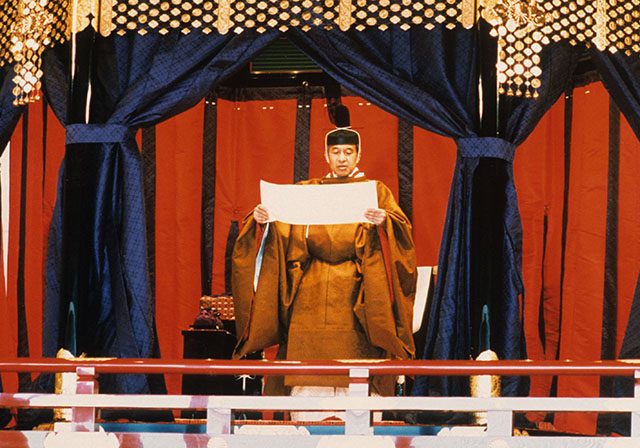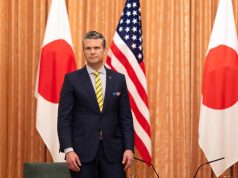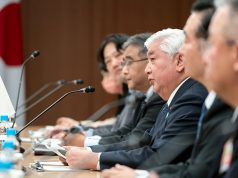
TOKYO — Emperor Akihito, 85, will step down on Tuesday, almost three years after he first publicly hinted he wanted to retire and hand over to his heir, Crown Prince Naruhito.
It is the first abdication by a Japanese monarch in two centuries.
Shocking news
Public broadcaster NHK stunned the public in July 2016 when it reported that Akihito, then 82, intended to abdicate “in a few years,” an unprecedented step in modern Japan.
Akihito, who had heart surgery and was treated for prostate cancer, had earlier privately expressed a desire to retire and had been reducing his official duties.
A month later, Akihito said in a rare video address to the nation that he worried age might make it difficult for him to carry out his duties fully.
Akihito was Japan’s first emperor to inherit the throne under a post-war constitution that defines the monarch as a symbol of the people without political power.
He has carved out a role as an advocate of reconciliation, peace and democracy and associates say he believes only an active monarch can fulfill his true obligations.
Conservative objections
Many ordinary Japanese sympathized with Akihito’s desire to step down, but the idea met opposition from Prime Minister Shinzo Abe’s conservative base.
Some opponents of the abdication have raised the possibility of disagreement between the old and new emperors, and they fear the next reform could allow a woman to ascend the throne. It is currently restricted by law to males.
A shortage of male heirs has led to calls to change the succession rule but the reform is anathema to traditionalists.
Precedent set
After discussions among experts, parliament in June 2017 enacted a special law to allow Akihito to step down, the first abdication of an emperor in about 200 years.
Although the law applies only to Akihito, it was seen by scholars and some officials as setting a precedent.
The last Japanese monarch to abdicate was Emperor Kokaku, who ruled from 1780 until 1817, when he handed over to his son.
After the abdication, Akihito will be known as “joko,” or emperor emeritus and Michiko will be known as “jokogo,” or empress emerita.
Akihito and Michiko will leave the Imperial Palace and stay in another imperial residence until they move into the Togu Palace, where they lived before he inherited the throne and which will be renovated for their use.
— Reporting and writing by Linda Sieg; Editing by Darren Schuettler









